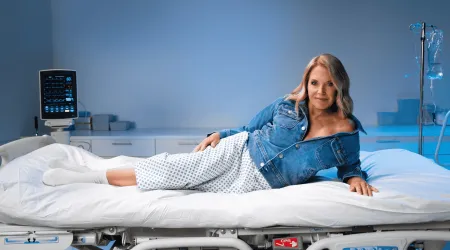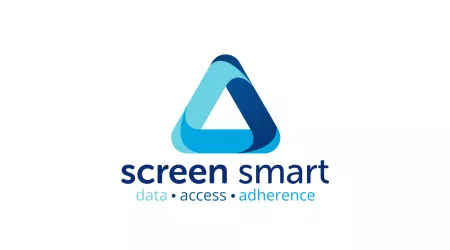How long does a colonoscopy take?
Many people want to know how long their colonoscopy will take. This timeline is important for patients and the caregivers who come with them to a colonoscopy appointment.
A colonoscopy procedure typically takes 30-60 minutes, depending on whether the doctor needs to remove polyps or take biopsies.
However, patients and caregivers should plan to spend 2-3 hours total at the hospital or endoscopy center to account for the time needed for preparation and recovery.
During colonoscopy preparation and recovery, caregivers either wait in a waiting room or give their number to the office staff to receive a call when it is time to pick up the patient.
Because sedation is given, patients will need the remainder of the day to rest and recover at home; those who work should plan to take the day off.

Breaking it down
Your day will include:
- 30-60 minutes to prepare the patient directly prior to the procedure
- 30-60 minutes for the colonoscopy itself
- 30-60 minutes to recover at the hospital or endoscopy center directly following the procedure
- The remainder of the day to rest and recover at home

Essential colonoscopy information
Are you looking for additional information on preparing for your colonoscopy procedure? We offer detailed resources to get you ready for this life-saving process.
Colonoscopy prep options
Pills for Colonoscopy PrepTop resources

National Cancer Prevention Month: Majority View Encouraging Screening as an Act of Love
Americans increasingly view colorectal cancer screening encouragement as an act of love, with new survey data showing rising openness about lifesaving prevention.

Katie Couric Joins the Colorectal Cancer Alliance To ‘LEAD FROM BEHIND’
Katie Couric joins the Colorectal Cancer Alliance and Ryan Reynolds’ Maximum Effort to expand LEAD FROM BEHIND, a star-powered campaign breaking stigma and urging lifesaving colon cancer screening. Colon cancer is the preventable cancer.

20+ Colorectal Cancer Alliance Screen Smart Partners Encourage Secretary Kennedy to Uphold USPSTF Goal to Improve Health
The Colorectal Cancer Alliance and more than 20 Screen Smart partners urge HHS Secretary Robert F. Kennedy Jr. to protect USPSTF’s evidence-based process and no-cost preventive screenings like colorectal cancer screening, which save lives and improve national health.





